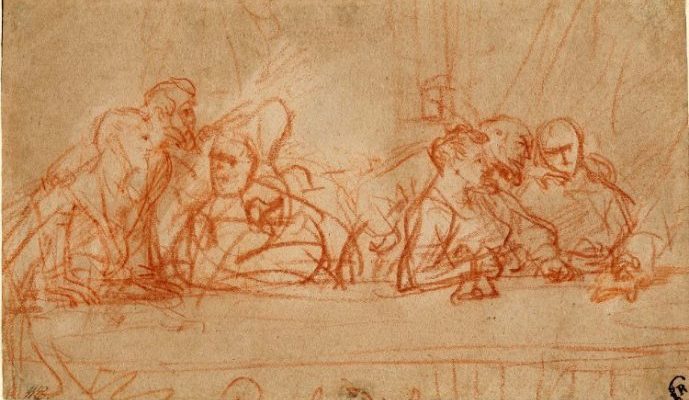
I’m finally settling in to my Santa Fe life, and loving it. As I unpack boxes each day I think about the manuscript I am working on and it mixes in with the manuscripts I read and edit for my clients—wonderful, brave stories of people in the trenches of life finding solutions, revealing their vulnerabilities, seeking understanding.
Today I finished up a 100 pages of a novel. The writer is a natural at creating scenes and dialogue that are so believable I watch the story like a movie in my head—hear it, laugh with the characters, hold my breath when problems rise. But one craft concern haunted the text, and it’s something we all need to be concerned with as writers, of fiction or narrative nonfiction. Are your characters believable?
It’s a common question you hear in writing circles, but what does it really mean? Do you buy their behavior? one might say. I can remember my teacher at Iowa saying: “Has the character earned it?” In other works has the author done the work to bring the character sufficiently to life for the reader to keep believing the unfolding action is plausible?
In this manuscript I read today I liked the narrator, and yet, there was not enough back story upfront in the book to allow the reader to fully believe the character’s actions. Why would he do that? I kept asking myself.
It is the job of the writer to fill in enough of the back story so the reader never questions the narrator. And yet, we do not want too much. There is a perfect balance, and no matter whether we are writing fiction or memoir we have to find the balance between not telling enough about how and why the narrator came to behave the way he does, and telling too much, and stall forward movement of the story.
Such are the fleeting thoughts of an editor between boxes . . .


